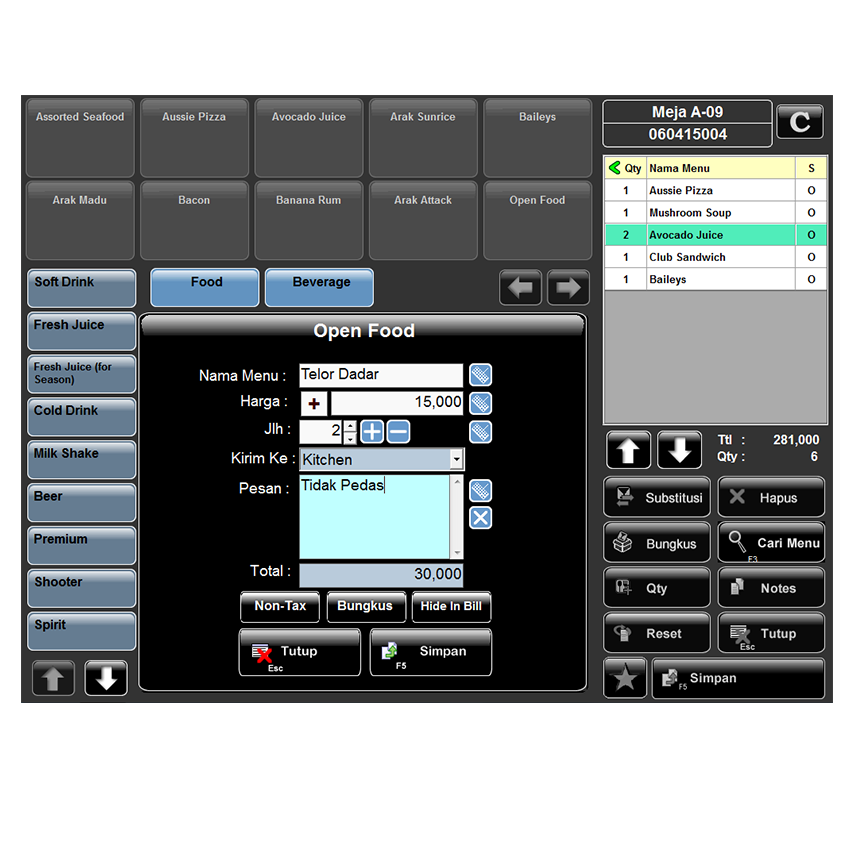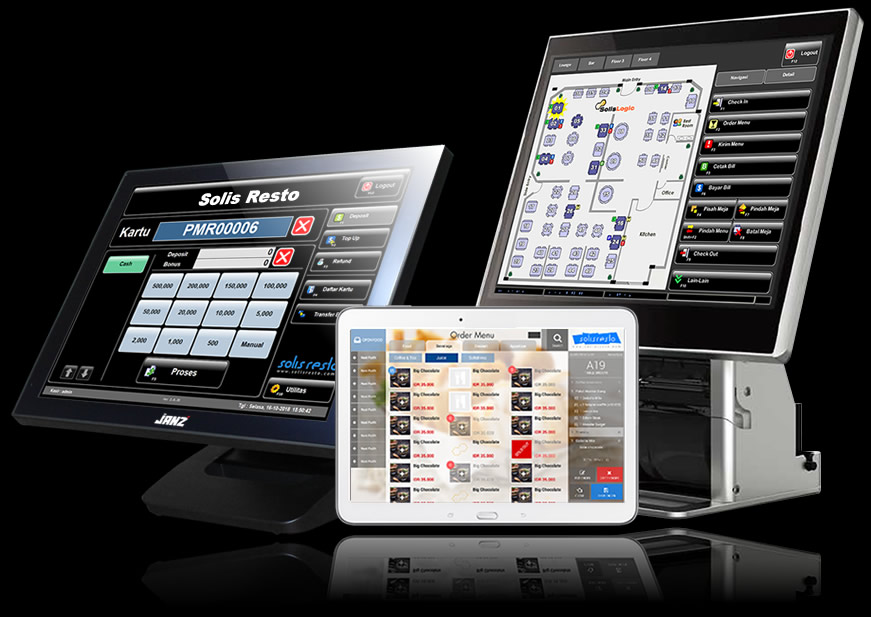
Software Solis Resto software#
In the last decade, several studies have proposed the use of automated techniques to estimate the effort of agile software development. This empirical evidence opens the door to the development of techniques that use the power of machine learning, coupled with the observation that human errors are predictable, to support engineers in estimation tasks rather than replacing them with machine-provided estimates. Moreover, we find that by exploiting these predictions, we can obtain significantly better estimates than those provided by random guessing, human experts and traditional machine learners in 31 out of the 36 cases considered (86%), with large and very large effect sizes in the majority of these cases (81%). The results of our study reveal that the type, severity and magnitude of errors are all, indeed, predictable. To this end we conduct a thorough empirical study investigating 402 maintenance and new development industrial software projects.

We show the feasibility of LFM by investigating whether it is possible to predict the type, severity and magnitude of errors made by human experts when estimating the development effort of software projects, and whether it is possible to use these predictions to enhance future estimations. The core idea underlying our proposal is to automatically learn from past estimation errors made by human experts, in order to predict the characteristics of their future misestimates, therefore resulting in improved future estimates. In this paper, we introduce a novel approach to predictive modeling for software engineering, named Learning From Mistakes (LFM). The adapted Delphi experiment shows a promising technique for improving the software cost estimation accuracy. The results also show that the Delphi estimates are slightly less optimistic than the statistical combination of individual expert estimates but they are not statistically significant either. However, the Delphi estimates are statistically significant more accurate than the individual estimates. The findings show that the Delphi estimates are slightly more accurate than the statistical combination of individual expert estimates, but they are not statistically significant. A Delphi experiment where the participants in the Delphi process were exposed to three algorithmic estimates –Function Points, COCOMO estimates, and Use Case Points, was therefore conducted. The objective of this study is to test if the Delphi estimates will be more accurate if the participants in the Delphi process are exposed to the algorithmic estimates. Delphi method is an encouraging structured expert judgment method for software effort group estimation but surprisingly little was reported in the literature. The combination of the two methods is suggested to increase the estimation accuracy. Both are reported almost at the comparable level of accuracy performance. Expert judgment and algorithmic model estimation are two predominant methods discussed in the literature.

Literature review shows that more accurate software effort and cost estimation methods are needed for software project management success.
Software Solis Resto how to#
We found supporting evidence for all 12 estimation principles, and provide suggestions on how to implement them in software organizations. The following 12 expert estimation “best practice” guidelines are evaluated through the review: (1) evaluate estimation accuracy, but avoid high evaluation pressure (2) avoid conflicting estimation goals (3) ask the estimators to justify and criticize their estimates (4) avoid irrelevant and unreliable estimation information (5) use documented data from previous development tasks (6) find estimation experts with relevant domain background and good estimation records (7) Estimate top-down and bottom-up, independently of each other (8) use estimation checklists (9) combine estimates from different experts and estimation strategies (10) assess the uncertainty of the estimate (11) provide feedback on estimation accuracy and development task relations and, (12) provide estimation training opportunities. The review results suggest that expert estimation is the most frequently applied estimation strategy for software projects, that there is no substantial evidence in favour of use of estimation models, and that there are situations where we can expect expert estimates to be more accurate than formal estimation models.

In addition, we provide software practitioners with useful estimation guidelines, based on the research-based knowledge of expert estimation processes.

The main goal and contribution of the review is to support the research on expert estimation, e.g., to ease other researcher’s search for relevant expert estimation studies. This paper provides an extensive review of studies related to expert estimation of software development effort.


 0 kommentar(er)
0 kommentar(er)
